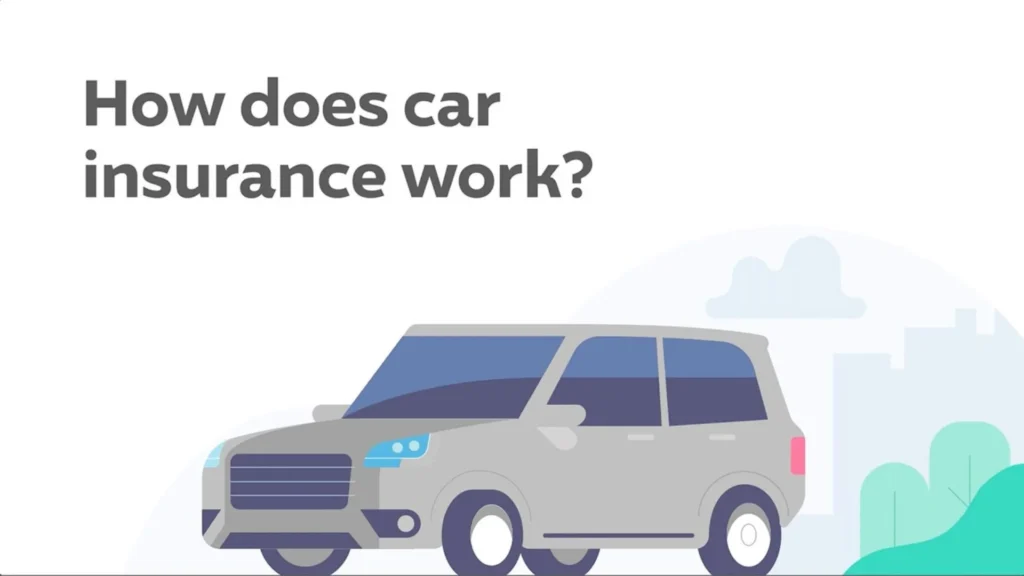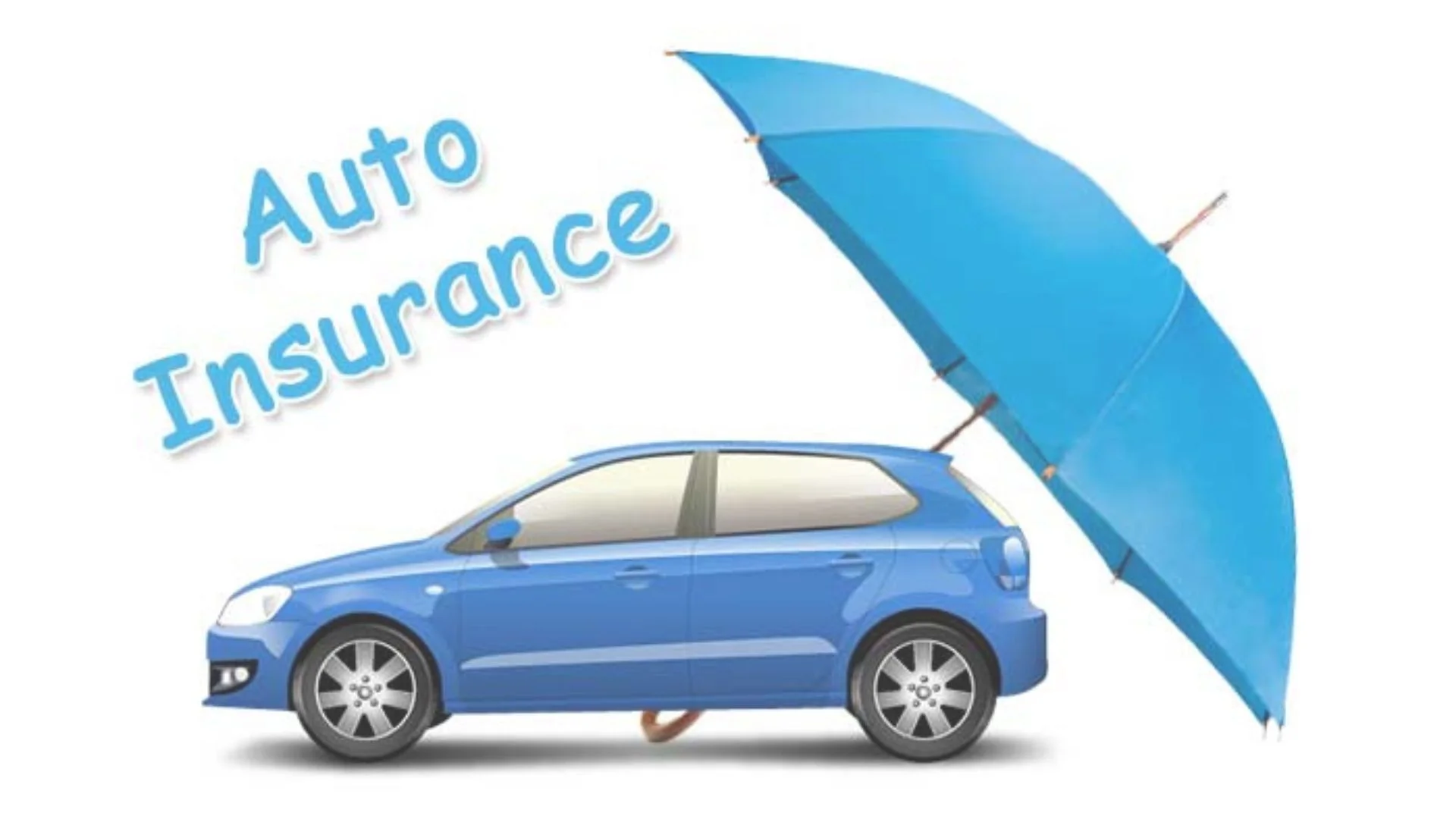Car insurance is an essential aspect of owning and operating a vehicle. It provides financial protection against physical damage or bodily injury resulting from traffic collisions and against liability that could also arise from incidents in a vehicle. This article will delve into the various aspects of car insurance coverage, helping you understand its importance, types, benefits, and how to choose the right coverage for your needs.
The Importance of Car Insurance
Legal Requirements
In many countries, having car insurance is a legal requirement. Driving without insurance can result in hefty fines, legal penalties, and even the suspension of your driving license. The primary purpose of this mandate is to ensure that drivers can cover the costs associated with accidents, thereby protecting other road users.
Financial Protection
Car insurance provides financial protection against various risks associated with driving. Accidents can lead to significant expenses, including repair costs, medical bills, and legal fees. Without insurance, these costs can be financially crippling. Insurance helps mitigate these risks by covering a substantial portion of the expenses.
Peace of Mind
Knowing that you are financially protected in case of an accident provides peace of mind. Car insurance ensures that you can drive confidently, knowing that you are covered against potential risks. This psychological benefit is invaluable, as it reduces stress and allows you to focus on safe driving.
Types of Car Insurance Coverage
Car insurance policies come in various forms, each offering different levels of protection. Understanding these types is crucial for selecting the right coverage for your needs.
Liability Coverage
Liability coverage is the most basic form of car insurance and is mandatory in most jurisdictions. It covers the costs associated with injuries and damages to others if you are at fault in an accident. Liability coverage typically includes:
- Bodily Injury Liability: Covers medical expenses, lost wages, and legal fees for the injured party.
- Property Damage Liability: Covers the repair or replacement costs of the other party’s property damaged in the accident.
Collision Coverage
Collision coverage pays for the repair or replacement of your vehicle if it is damaged in a collision, regardless of who is at fault. This type of coverage is particularly important if you have a newer or more expensive vehicle, as repair costs can be substantial.
Comprehensive Coverage
Comprehensive coverage protects against non-collision-related damages to your vehicle. This can include:
- Theft: Covers the loss of your vehicle if it is stolen.
- Vandalism: Covers damages resulting from vandalism.
- Natural Disasters: Covers damages from events such as floods, hurricanes, and earthquakes.
- Animal Collisions: Covers damages resulting from collisions with animals, such as deer.
Personal Injury Protection (PIP)
Personal Injury Protection (PIP), also known as no-fault insurance, covers medical expenses for you and your passengers, regardless of who is at fault in the accident. PIP can also cover lost wages and other related expenses.
Uninsured/Underinsured Motorist Coverage
Uninsured/Underinsured Motorist Coverage protects you if you are involved in an accident with a driver who does not have sufficient insurance to cover the damages. This coverage can help pay for medical expenses, lost wages, and other costs resulting from the accident.
Gap Insurance
Gap insurance is particularly useful for those who have financed or leased their vehicle. It covers the difference between the actual cash value of your vehicle and the amount you owe on your loan or lease if your car is totaled or stolen. This ensures that you are not left with a significant financial burden if your vehicle is written off.

Factors Influencing Car Insurance Premiums
Several factors influence the cost of car insurance premiums. Understanding these factors can help you make informed decisions and potentially reduce your insurance costs.
Driving Record
Your driving record is one of the most significant factors affecting your insurance premiums. Drivers with a history of accidents or traffic violations are considered higher risk and typically face higher premiums. Conversely, a clean driving record can lead to lower premiums.
Vehicle Type
The type of vehicle you drive also impacts your insurance costs. Luxury cars, sports cars, and vehicles with high repair costs generally have higher premiums. On the other hand, vehicles with high safety ratings and lower repair costs may be cheaper to insure.
Age and Gender
Insurance companies consider age and gender when determining premiums. Younger drivers, particularly teenagers, often face higher premiums due to their lack of driving experience and higher accident rates. Gender can also play a role, as statistics show that male drivers, especially young males, are more likely to be involved in accidents.
Location
Where you live can significantly affect your insurance costs. Urban areas with high traffic density and crime rates typically have higher premiums compared to rural areas. Additionally, states and countries have different insurance regulations and average costs, influencing premiums.
Credit Score
In some regions, insurance companies use credit scores as a factor in determining premiums. A higher credit score often indicates financial responsibility, leading to lower premiums. Conversely, a lower credit score can result in higher insurance costs.
Coverage Limits and Deductibles
The coverage limits and deductibles you choose directly impact your premiums. Higher coverage limits provide more protection but come with higher premiums. Similarly, a lower deductible means you pay less out-of-pocket in the event of a claim but results in higher premiums.
How to Choose the Right Car Insurance Coverage
Selecting the right car insurance coverage involves evaluating your needs, understanding the available options, and balancing coverage with cost. Here are some steps to help you make an informed decision.
Assess Your Needs
Consider factors such as the value of your vehicle, your driving habits, and your financial situation. If you have a newer or more expensive car, comprehensive and collision coverage may be necessary. If you have health insurance that covers auto-related injuries, you might opt for lower PIP coverage.
Compare Quotes
Obtaining quotes from multiple insurance providers is crucial for finding the best deal. Insurance companies offer different rates and discounts, so comparing quotes can help you save money. Use online comparison tools or work with an insurance broker to get multiple quotes.
Review Coverage Options
Carefully review the coverage options and policy terms from different insurers. Ensure that you understand what is covered, the limits, and any exclusions. Pay attention to additional benefits or features that may be included, such as roadside assistance or rental car coverage.
Consider Discounts
Many insurance companies offer discounts that can help reduce your premiums. Common discounts include safe driver discounts, multi-policy discounts (for bundling auto and home insurance), and discounts for having safety features in your vehicle. Ask potential insurers about available discounts.
Evaluate Customer Service
The quality of customer service provided by an insurance company is an important consideration. Look for reviews and ratings from other customers to gauge the insurer’s reputation for handling claims and providing support. A company with good customer service can make the claims process smoother and less stressful.
Conclusion
Car insurance coverage is a vital component of responsible vehicle ownership. It provides financial protection, legal compliance, and peace of mind, ensuring that you are prepared for the uncertainties of the road. Understanding the different types of coverage, the factors influencing premiums, and how to choose the right policy can help you make informed decisions that protect you and your assets. By assessing your needs, comparing quotes, and reviewing coverage options, you can find the best car insurance coverage that offers the protection you need at a price you can afford. Remember, car insurance is not just a legal requirement but a crucial safety net that can save you from significant financial hardship in the event of an accident.
